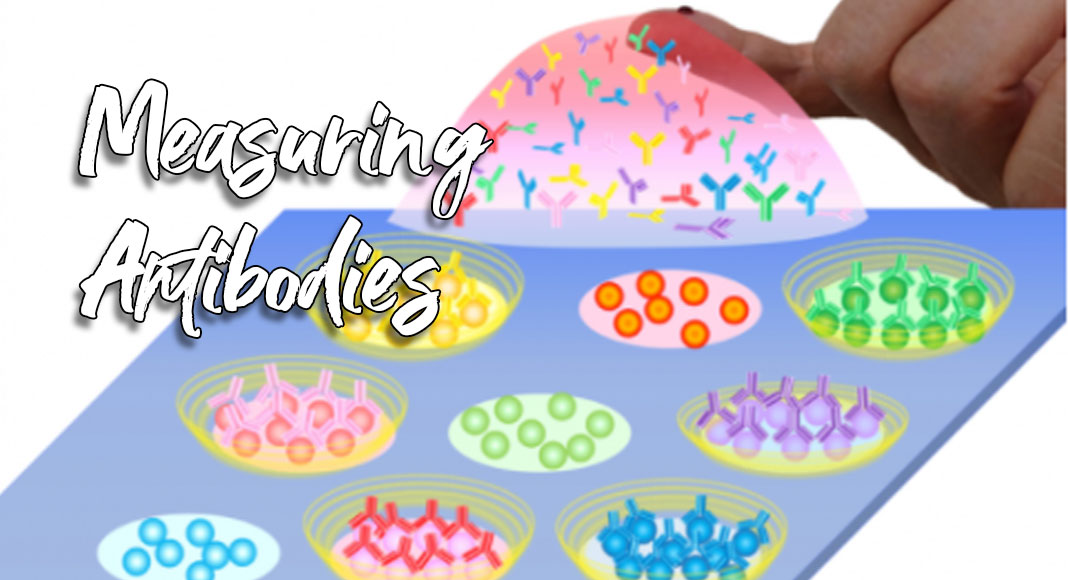
The researchers developed a chip upon which key SARS-CoV-2 are fixed. A small drop of blood from the fingertip is necessary, and the sensitivity of the system is 500 times higher than that of conventional method.
Mega Doctor News
Newswise — A research team at the RIKEN Center for Emergent Matter Science (CEMS) in Japan has developed a diagnostic system that can rapidly and sensitively measure the amount of antibodies in the blood that can protect us from SARS-CoV-2, the virus that causes COVID-19. This achievement was published in the scientific journal Bulletin of the Chemical Society of Japan and is expected to enable efficient and precise testing of SARS-CoV-2 vaccine efficacy at medical facilities.
At present, several vaccines against SARS-CoV-2 have been developed, and vaccination is being conducted worldwide. In the medical field, antibody tests using a technique called immunochromatography are performed to determine whether antibodies have been produced as a result of viral infection or vaccination. However, because the results of this test are determined by looking with the naked eye at colored stripes on paper, it is not precise and not very sensitive. Compounding the problem, for more precise, quantitative results, blood samples must be sent to an outside testing center, with turnaround taking several days to a week.
The new research was led by Yoshihiro Ito at RIKEN CEMS, who developed a technology several years ago that immobilizes any organic compound, including substances of biological origin. Since then, Ito and his colleagues have continued to improve on the system, focusing on immobilizing various allergens to measure the history of immune infection. They have already succeeded in developing a test kit using a microchip that contains more than 40 different allergens immobilized on it. Now, they have expanded their diagnostic tools for use in a system that immobilizes several key SARS-CoV-2 proteins, allowing the presence of antibodies against SARS-CoV-2 to be detected automatically.
The technique is based on the use of light. A substance that reacts to light is first coated on a plastic microchip, and a sample liquid containing the protein of interest is dropped onto the microchip in the form of a spot. Then the chip is exposed to ultraviolet light, which immobilizes the proteins. Using this method, the researchers developed a chip called a microarray upon which key SARS-CoV-2 are fixed. When antibodies in blood serum bind to the viral proteins on the chip they emit light, and the amount of emitted light can be measured precisely with a CCD camera. This value can therefore be used to quantify the number of antibodies in a way that is not possible with immunochromatography.
“Standard quantitative analysis of antibodies usually requires a half milliliter of blood drawn from one of your arms, which is a lot!” says Ito. “But in our system, all that is needed is a small drop of blood from the fingertip, and the sensitivity of the system is 500 times higher than that of conventional immunochromatography, meaning that detection is possible even when the number of antibodies is very low.” Furthermore, its operation is quite simple – just drop human blood serum onto the chip, press the start button, and wait. The reaction process, washing, and antibody detection are performed automatically in about 30 minutes.
“In the past, our team has succeeded in developing antibody detection systems for measles, rubella, and chicken pox. Now we can also detect antibodies for the COVID-19 virus. This system is practical to use and will enable precision testing at any medical facility, making it easier to quickly determine on-site whether or not vaccination is necessary. It can also be used to conduct epidemiological surveys in preparation for future pandemics,” says Ito.










